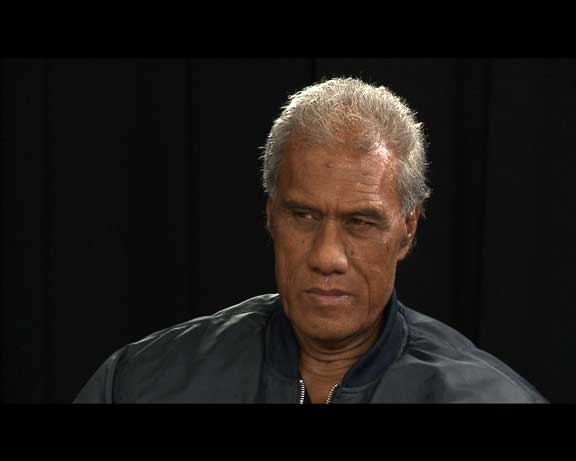
OPINION: When I lived in Tonga nearly 50 years ago, Parliament comprised seven nobles representing 33 nobles, seven elected commoners representing about 25-30,000 adults, and a Cabinet of eight which, including the Prime Minister, were appointed by the much loved Queen Salote.
I doubt many people were concerned about this inequality. Nuku’alofa was barely urban. There was little industry or commerce.
Most people were subsistence or semi-subsistence farmers. Few Tongans had been educated overseas and overseas communities were small.
There was a weekly Heron flight to Fiji but most overseas travel was by the Tofua or Hifofua that took five days to get to New Zealand. There was a weekly foolscap-size government broadsheet but no newspapers and one government-owned radio station.
In the intervening years, the world and Tonga changed dramatically, and pressure to adapt to these changes mounted from local and overseas Tongan communities.
In November 2006 what started as a peaceful protest by democracy supporters turned into a riot that left much of downtown Nuku’alofa burning. Change could not be forever delayed.
Two years ago legislation approved by Queen Salote’s’ grandson, George Tupou V, resulted in the November election being held under new rules. The king would relinquish most of his powers to an elected prime minister.
New lineup
Parliament would comprise 9 nobles representing 54 nobles, and 17 MPs presenting about 70,000 adult commoners, the PM would be elected by Parliament and Cabinet by the PM. Some 42,000 people registered to vote, only an estimated 60 percent of those eligible.
The commoner seats were contested by the Democratic Party of the Friendly Islands (DPFI) led by veteran pro-democracy leader ‘Akilisi Pohiva, and a swarm of independents.
There were 147 candidates for the 17 seats, an average of 8.6 making most results indeterminate. The result was that in only two seats was a candidate elected with 50 or more percent of those voting. More typically the successful candidate won less than 30 percent of the votes.
The DPFI won 9 of the 10 seats on Tongatapu, one in Ha’apai and another in the Niuas (that later defected) leaving the DPFI with 11 of the 26 seats in Parliament.
Independents held the other six commoner seats, and the nobles the nine they were entitled to. When Parliament met to decide the Prime Minister, all the Independents voted with the nobles, and a noble, Lord Tu’ivakanoa, became Prime Minister .
Pohiva thought that on the basis the seats won by the DPFI they were entitled to at least six cabinet positions. Tu’ivakanoa offered them two.
Moral to story
There is an obvious moral to this story: Tonga has taken a small step forward towards a more representative parliament but effective power and authority continues to reside in the same hands.
None of the Pacific states, or Australia or New Zealand, has ever commented on the old or new electoral system, or on the outcome of the November elections.
There have been no bans or threats of sanctions; no suspensions from the Commonwealth or Pacific Islands Forum; no withholding of aid from the European Union and traditional donors, and absolutely no negative media publicity – as in the case of Fiji.
The BBC called it Tonga’s “first popularly-elected parliament” even though one-third of the seats were reserved for chiefs and the popularly elected majority party has been denied effective participation in government.
Appearance not substance is what counts. Overseas armchair democrats and politicians can be content. There has been an “election” — and little substantial change. - Pacific Scoop/Pacific Media Watch
New Tongan news website - Taimi Online: www.taimionline.com



